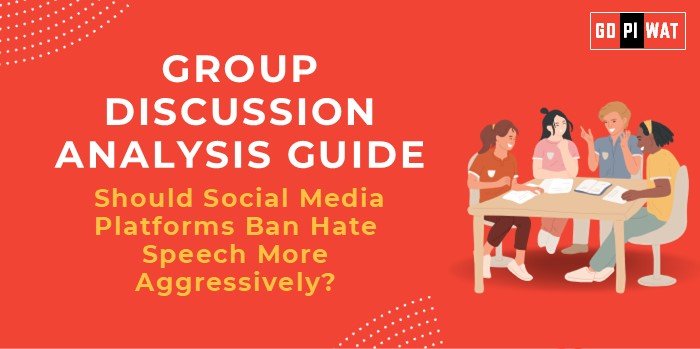📋 Should Social Media Platforms Ban Hate Speech More Aggressively?
🌐 Introduction
Social media platforms have revolutionized communication, fostering global connectivity and free expression. However, the proliferation of hate speech threatens societal harmony, triggering debates on the need for stricter moderation policies. Recent incidents, such as the role of online hate speech in the Myanmar crisis, underline the urgency of addressing this issue effectively.
📊 Quick Facts and Key Statistics
- 📉 Users Affected: 41% of U.S. adults report experiencing online harassment (Pew Research, 2023).
- 🌍 Global Regulation: Over 25 countries have enacted or proposed laws to regulate online hate speech (Freedom House, 2023).
- 💰 Moderation Investment: Facebook spent $5 billion on moderation in 2023.
- 🚨 Hate Crime Link: Studies show a 12% rise in hate crimes linked to online hate speech (University of Warwick, 2022).
🏆 Achievements
- ✅ Improved Moderation: Platforms like YouTube claim a 94% reduction in hate speech visibility through AI tools (2023).
- 📜 Transparency Reports: Meta’s quarterly updates detail millions of hate speech removals.
- 🌍 Legislative Impact: Germany’s NetzDG law reduced hate content reports by 20%.
- 🤝 Collaborative Efforts: The Christchurch Call unites governments and platforms to tackle extremist content.
⚠️ Challenges
- 🌀 Subjectivity: Definitions of hate speech vary across cultures and regions.
- ❌ Censorship Risks: Overreach could suppress legitimate dissent and creative expression.
- 🤖 AI Limitations: Algorithms struggle to detect nuanced or coded hate speech.
- 🌍 Resource Disparity: Developing regions face greater challenges due to limited moderation resources.
🔮 Global Comparisons
- 🇩🇪 Germany: The NetzDG law fines platforms for non-compliance, reducing harmful content.
- 🇳🇿 New Zealand: The Christchurch Call promotes global collaboration against extremist content.
- 🇮🇳 India: Balances free speech and regulation under its IT Rules but faces challenges with enforcement.
💡 Case Studies
- 📌 Myanmar: Facebook’s failure to curb hate speech contributed to the Rohingya crisis.
- 📌 Christchurch Call: Demonstrates the effectiveness of collective action to reduce hate content.
📄 Conclusion
While aggressively banning hate speech can foster safer digital spaces, it must be balanced with safeguards for free expression. Global examples like Germany’s NetzDG law and the Christchurch Call provide actionable frameworks for platforms to address this critical issue. Combining AI advancements, human oversight, and transparent policies can ensure a harmonious online environment.


